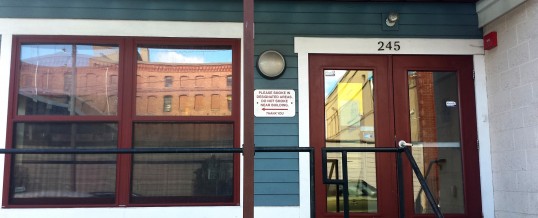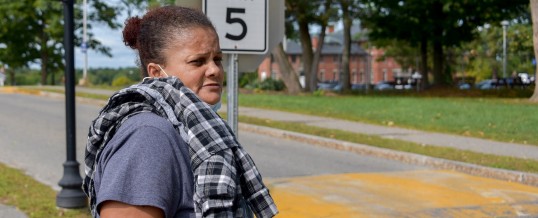Phone: (617) 445-1123 | Email: [email protected]
What is Mi Vida, Mi Historia?
Mi Vida, Mi Historia (My Life, My Story) is a five-session substance use and HIV/STI prevention intervention that uses storytelling for empowerment to educate young people about health risks.
What is Storytelling for Empowerment?
Storytelling for Empowerment is an evidence-based model that utilizes cognitive decision-making, positive cultural identity (cultural empowerment), and resiliency models to educate young people about prevention and its conceptual underpinnings.









